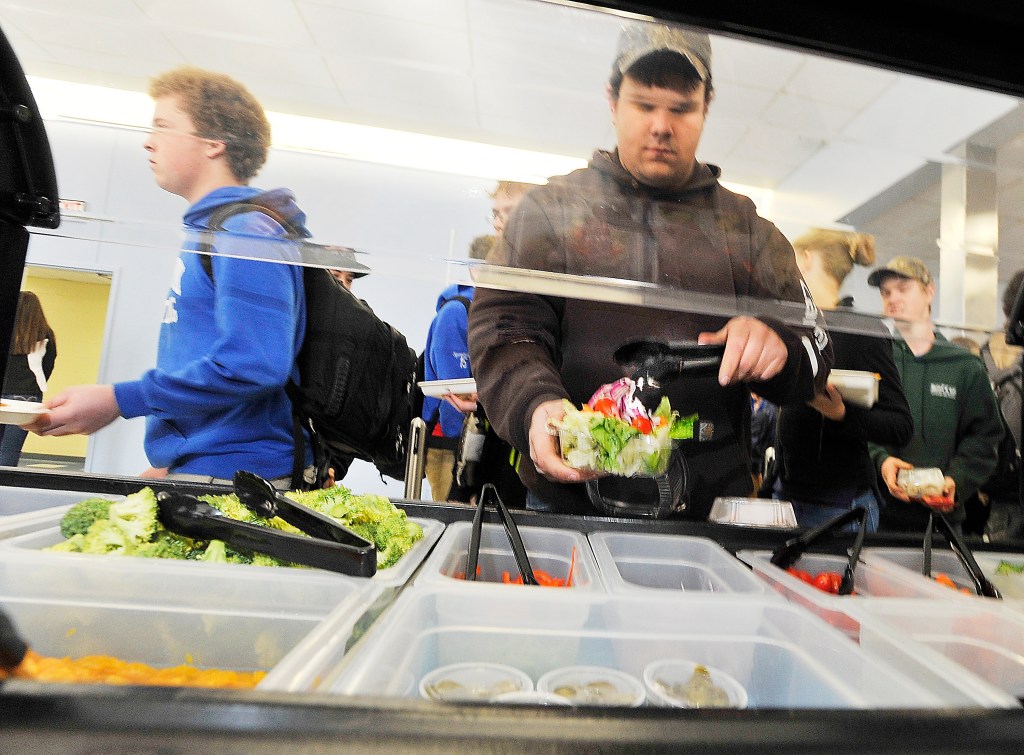It is encouraging that food waste is getting significant coverage in the Portland papers (“Our View: Food we throw away could help solve hunger,” Portland Press Herald, Jan. 4, and “Waste not food that’s lost its looks,” Maine Sunday Telegram, Jan. 24).
Documentaries addressing food waste will be shown locally: The Clean Bin Project’s “Just Eat It” at the Portland Public Library at 4:30 p.m. Feb. 20, and Jeremy Serfert’s “Dive” at the Unitarian Universalist Church in Kennebunk at 6:30 p.m. Feb. 26. (U.S. Rep. Chellie Pingree will be at the “Dive” showing, schedule permitting.)
Common citizens often wonder how they can make a difference in a problem plaguing our society. As a public school educator of over 15 years, I have witnessed firsthand significant food waste in our schools.
Parents can help to keep food out of our trash bins by giving some thought as to how much our children can consume in any given day. All the snacks students bring to school often leave them with little appetite to eat the full meal served to them less than two hours later at lunch.
As a result, perfectly good food is tossed in the waste bins. By reducing the number of snacks packed, we’ll surely see less waste at lunchtime.
A second possibility to address food waste is for share tables to be encouraged in our school cafeterias. A child who doesn’t want an unwrapped or unpeeled food item could leave it on a share table for another student to take and eat if he or she so desires. It’s a simple solution.
Documentaries and newspaper articles are powerful for bringing issues to the public. It is up to us, the members of the public, to do our part in finding a solution.
Lucy Hardy
Wells
Copy the Story LinkSend questions/comments to the editors.



Success. Please wait for the page to reload. If the page does not reload within 5 seconds, please refresh the page.
Enter your email and password to access comments.
Hi, to comment on stories you must . This profile is in addition to your subscription and website login.
Already have a commenting profile? .
Invalid username/password.
Please check your email to confirm and complete your registration.
Only subscribers are eligible to post comments. Please subscribe or login first for digital access. Here’s why.
Use the form below to reset your password. When you've submitted your account email, we will send an email with a reset code.